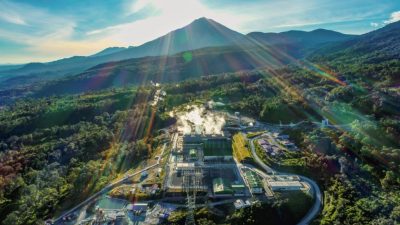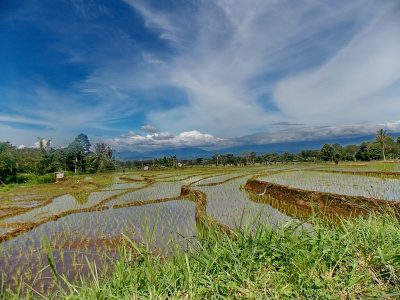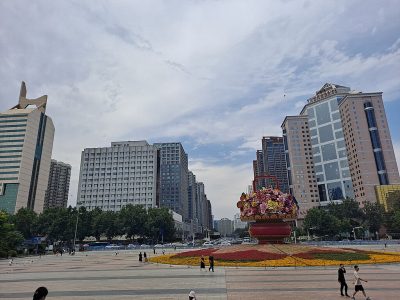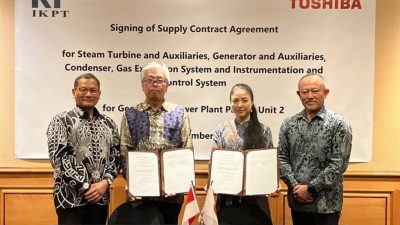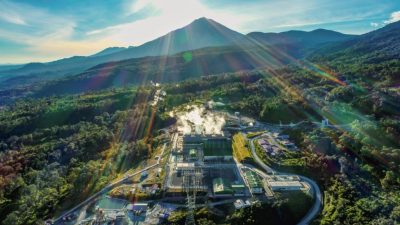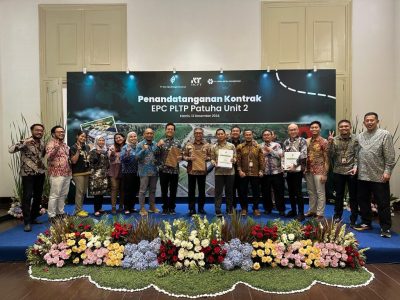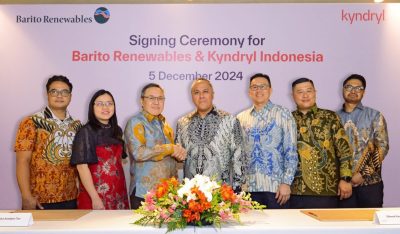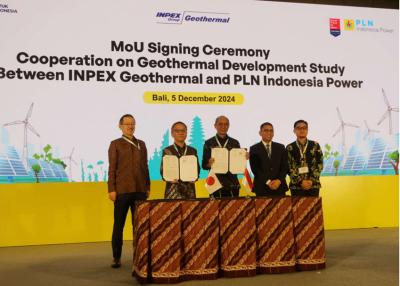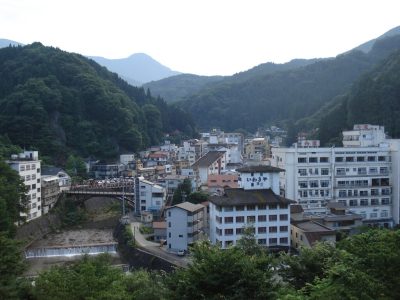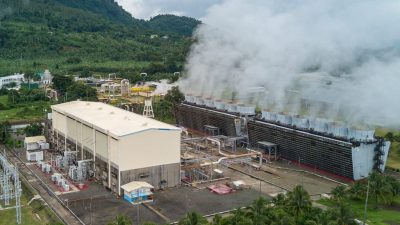IFC proposing government action to attract investments into geothermal in Indonesia
The IFC is proposing the Indonesian government to improve the investment climate for geothermal energy investments in the country.
According to the Jakarta Post, the IFC is proposing the Indonesian government to improve the investment climate for geothermal energy investments in the country.
The article states that, “Poor resource data, opaque tender processes and inadequate provisions in Power Purchase Agreements (PPA), have made investors shy away from developing geothermal power plants in Indonesia, an investment officer at the International Finance Corporation (IFC) said on Wednesday.
“I think the *Indonesian* government needs to tackle those problems seriously if it wants investors to take interest in its renewable energy sector,” Jack Sidik told reporters in a discussion organized by the IFC, the World Bank’s private arm.
Sidik was referring to the second stage of Indonesia’s 10,000 megawatt (MW) electricity program, which aims to generate 4,000 MW of electricity from geothermal-fired power plants by the year 2014. The first stage of the program was finalized earlier this year, using mostly coal and natural gas.
Sidik said poor resource data made it difficult for investors to fix the price of electricity generated from the geothermal sites.
“All of the geothermal sites have their complexities. For example, in one site, drilling a hole can result in the capacity to generate 24 MW of electricity. But in other sites, drilling a hole may result in a much lower capacity.
“As a result, drilling costs will be different. So there is no one-fit-all formula. Each of the sites has its own characteristics that will then result in different development costs,” he said.
“Due to the poor availability of data, investors are not able to determine the size of a plant, its viability or return on investment. It *the poor availability of data* also makes it difficult for them *the investors* to enter into the PPA and receive financing from banks or other financial institutions,” he said.
The opaque tender process increases the perceived political risk, constrains the lender’s participation and raises the costs of debt financing, Sidik added.
“Also, there is no guarantee that investors who have already explored the possibility of developing one geothermal field will get the PPA in the end,” he said.
He added that sovereign guarantee was a must for foreign financing, while the price of electricity from one field should be set by taking into account future coal and gas price fluctuations.
Indonesia’s geothermal potential is recorded at 26,000 MW, exceeding the country’s current total installed capacity of about 25,000 MW.
But so far, it has only managed to develop 1,000 MW.
Based on data from the IFC, Indonesia will need a total investment of US$24 billion to develop its geothermal potential until 2014.
However, since the Indonesian government does not currently have access to enough funding, it must tap into the private sector for its financing needs.
The IFC, which has allocated a total of US$300 million across the globe for developing power plants run on renewable energy sources, is looking into financing electricity generation projects in Indonesia.
“But we are mainly focusing on clean energy options such as hydropower and geothermal.
“Our main goal is to bring in other sources of financing into energy development.
“We cannot finance the whole project. As a rule, we can only finance 25 percent at most of the total investment fund needed for every project,” he said.
Source: The Jakarta Post
